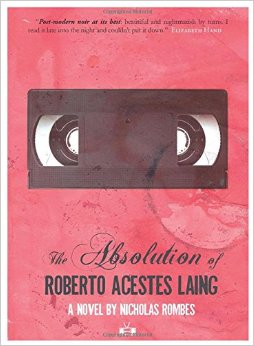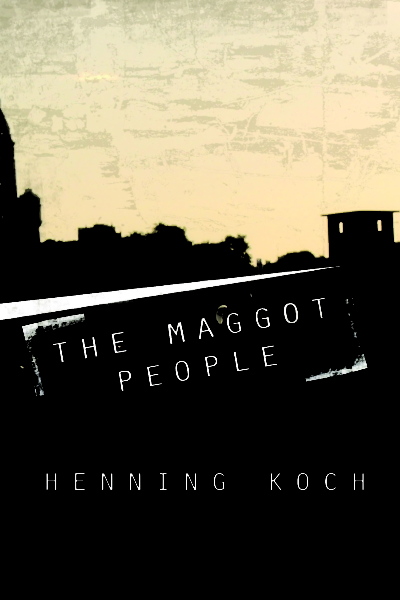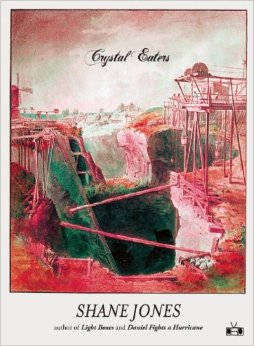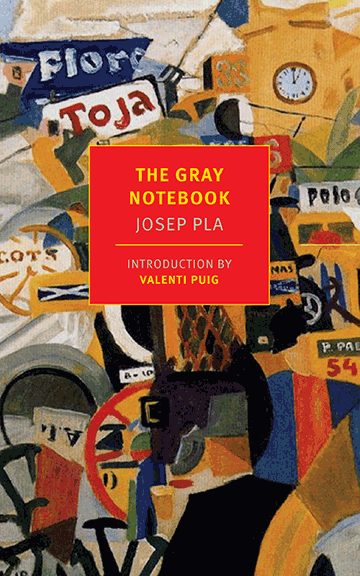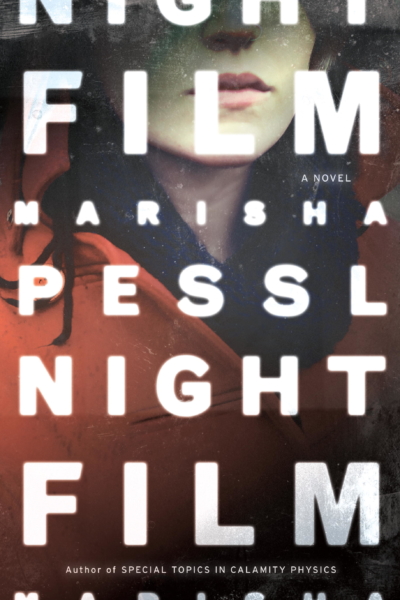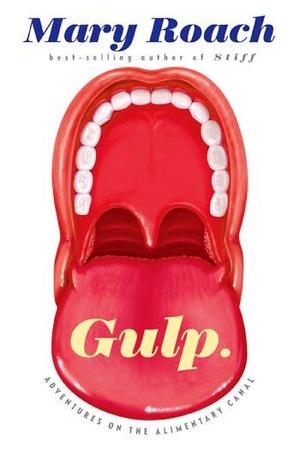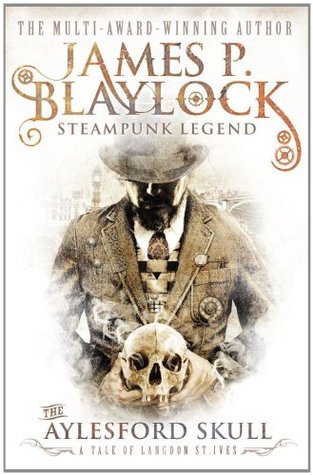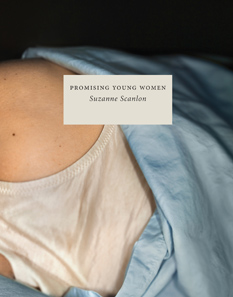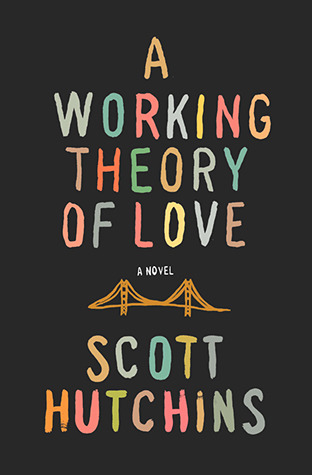The Absolution of Roberto Acestes Laing – Nicholas Rombes
When we are increasingly concerned about documentary technologies’ capacity for truth, it makes sense that the stories we tell might be concerned with the horror of too much truth, or of truth stripped bare.
The Maggot People – Henning Koch
Serious, grotesque absurdity: The Master and Margarita as written by William Burroughs, a politico-religious sci-fi thriller with talking dogs and immortal maggot people.
Shane Jones’ writing does not fit into any of the genres by which we sort the books on our shelves. Unless you have a bookshelf specifically for Weird, Delightful, and Sometimes Painful.
I feel like cardboard. My God! Vice leaves a bitter taste. Virtue brings sweet consolation. Alcohol does me untold damage . . . but I am always so thirsty!
What can I say? The lure of the forbidden is powerful.
The history of science, in Roach’s work, is the history of human curiosity and obsession, and Roach has these in spades.
Vampires in the Lemon Grove – Karen Russell
Russell demands our sympathies for both the victims and performers of cruelty who, sometimes, are victims themselves.
The Aylesford Skull – James P. Blaylock
THE AYLESFORD SKULL is a fairly straightforward adventure story, but Blaylock’s attempts to situate his novel in a historical moment backfire.
Promising Young Women – Suzanne Scanlon
Scanlon implicates the reader in the same system that has produced these “promising young women,” “career patients” seen by their doctors as projects, fodder for academic papers, or books.
A Working Theory of Love – Scott Hutchins
Only in San Francisco, a city living in perpetual danger of the power of the San Andreas Fault, could love be seen as a “territory all its own[,] prone to seismic trickery.”



